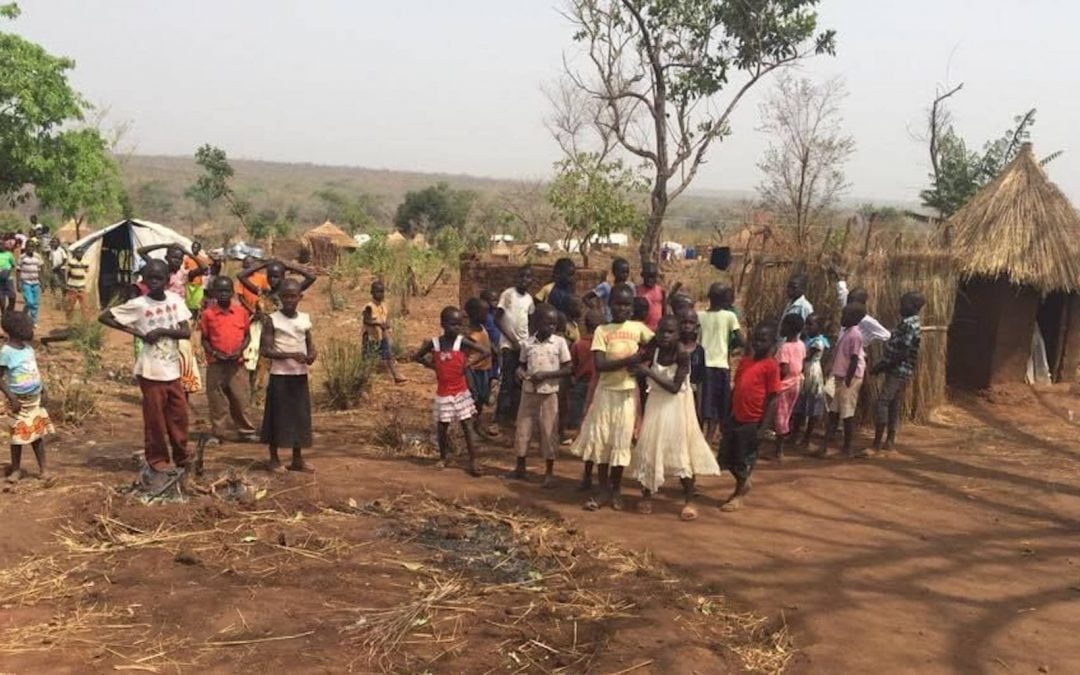The death toll resulting from the conflict in South Sudan is nearly 400,000, according to a report released on Sept. 26 by the London School of Hygiene and Tropical Medicine.
Released nine days after the latest peace agreement was signed, the analysis reviewed available information regarding those killed in military-involved fighting and those who have died as a result of the war.
An estimated 382,900 deaths directly resulting from the conflict have occurred in South Sudan from December 2013 to April 2018.
In addition, around 4.5 million people have been displaced, forced to live as internally displaced persons within South Sudan or as refugees in neighboring countries.
“Protracted armed conflicts are characterized by increased population mortality, both directly (violence) and indirectly (increased risk of disease, reduced access to healthcare) attributable to the crisis,” the report explained. “Information on this ‘excess’ mortality can inform the ongoing humanitarian response, provide evidence for resource mobilization and support conflict resolution.”
The highest death tolls were in the states of Jonglei and Unity and the region of Equatoria in the south.
Central Equatoria suffered the most conflict-related deaths (84,700), followed by Unity (70,300), Jonglei (65,600), Eastern Equatoria (52,700) and Western Equatoria (38,800) – 81.5 percent of the nearly 383,000 deaths.
The conflict-related death toll has increased each year from 2014 to 2017, rising from 50,300 (2014) to 114,600 (2017). Estimated deaths from January to April 2018 are 22,400.
“A high proportion of deaths were due to injury and violence, mostly affecting adult males but not entirely sparing women and children. Unexpectedly, there was no evidence that under 5y mortality increased from baseline,” the report said. “These and other estimates point to a conflict that, for civilians, has been arguably even more violent than has been reported, and that has caused massive waves of displacement.”
Having gained independence in 2011, South Sudan is the world’s youngest nation.
It has experienced intermittent conflict as a result of factions aligned with President Salva Kiir and those aligned with Riek Machar, the nation’s former first vice president, who was reinstated to this position following the mid-September peace agreement.
“We estimated that the population living inside South Sudan (excluding refugees from other countries) peaked at about 10.2 million right before the start of major conflict, and had declined to 9.7 million by April 2018, of whom 1.8 million were IDPs,” the report said. “The number of South Sudanese refugees in neighboring countries rose from 0.1 million to 2.5 million during the same period.”
The full report is available here.


